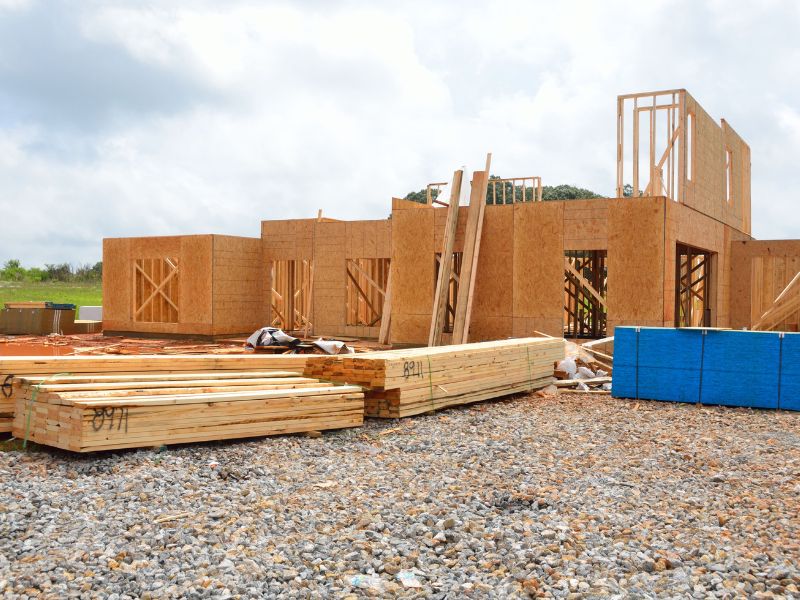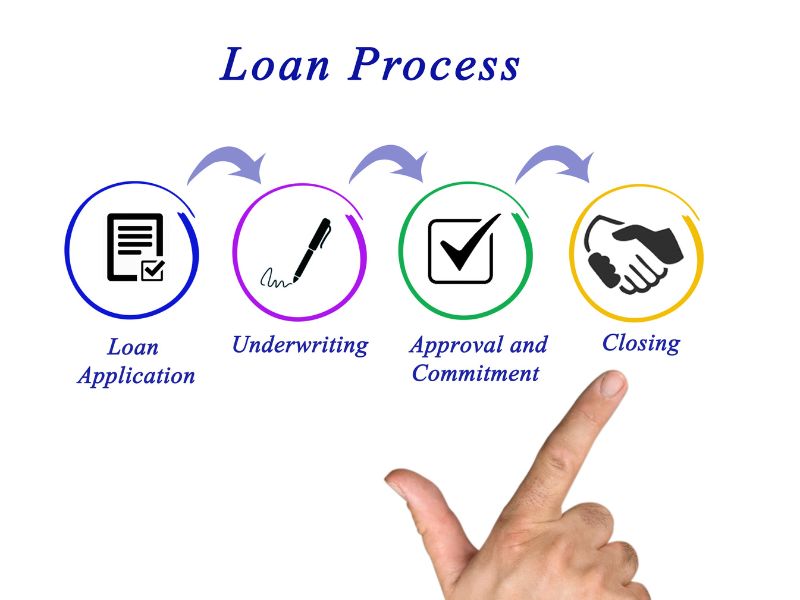When starting the journey of building your dream home or undertaking a significant renovation, securing a construction loan is often a necessary step. These loans provide the financial support needed to bring your vision to life, but they also come with specific requirements, especially concerning the builders or contractors involved in the construction process.
Builder requirements are a crucial aspect of construction loans that consumers need to understand thoroughly before proceeding with their projects. Lenders impose these requirements to mitigate risks associated with the construction process and ensure that the project is completed successfully. Here’s what consumers need to know about builder requirements:
Certifications and Qualifications:
Builders or contractors may be required to hold certain certifications or qualifications mandated by the lender. These certifications often indicate that the builder has met specific industry standards and possesses the necessary expertise to undertake the construction project. Common certifications include licenses, bonding, insurance, and specialized training in construction techniques.
Experience and Track Record:
Lenders may also evaluate the builder’s experience and track record in completing similar projects. A builder with a proven history of delivering high-quality work and completing projects on time and within budget is generally viewed more favorably by lenders. Consumers should inquire about the builder’s past projects and request references to gauge their reliability and competence.
Financial Stability of the Builder:
Lenders may assess the financial stability of the builder or contracting company to ensure they have the resources to complete the project as agreed. This assessment may involve reviewing the builder’s financial statements, credit history, and existing debt obligations. A financially stable builder is less likely to encounter financial difficulties during the construction process, reducing the risk for both the lender and the consumer.
Compliance with Building Codes and Regulations:
Builders must adhere to building codes, zoning regulations, and other legal requirements applicable to the construction project. Lenders may require builders to demonstrate their understanding of these regulations and their commitment to compliance throughout the construction process. Failure to comply with building codes and regulations can result in delays, fines, and legal issues that could jeopardize the success of the project.
Communication and Transparency:
Effective communication between the consumer, builder, and lender is essential for the smooth progress of the construction project. Consumers should choose builders who prioritize transparency and open communication, providing regular updates on the project’s status, budget, and any potential issues that may arise. Clear communication helps prevent misunderstandings and ensures that the project stays on track.
Documentation and Contracts:
Before finalizing the construction loan, consumers should review all documentation carefully, including contracts between the consumer and the builder. These contracts should outline the scope of work, project timeline, payment schedule, warranties, and dispute resolution procedures. Consumers should seek legal advice if they have any concerns or questions regarding the terms and conditions of the contract.
Understanding builder requirements is crucial for consumers seeking construction loans to finance their projects. By carefully evaluating builders based on their certifications, experience, financial stability, compliance with regulations, and communication practices, consumers can minimize risks and increase the likelihood of a successful construction project. Working with reputable builders who meet the lender’s requirements can help ensure that the dream home or renovation becomes a reality without unnecessary complications or setbacks.






